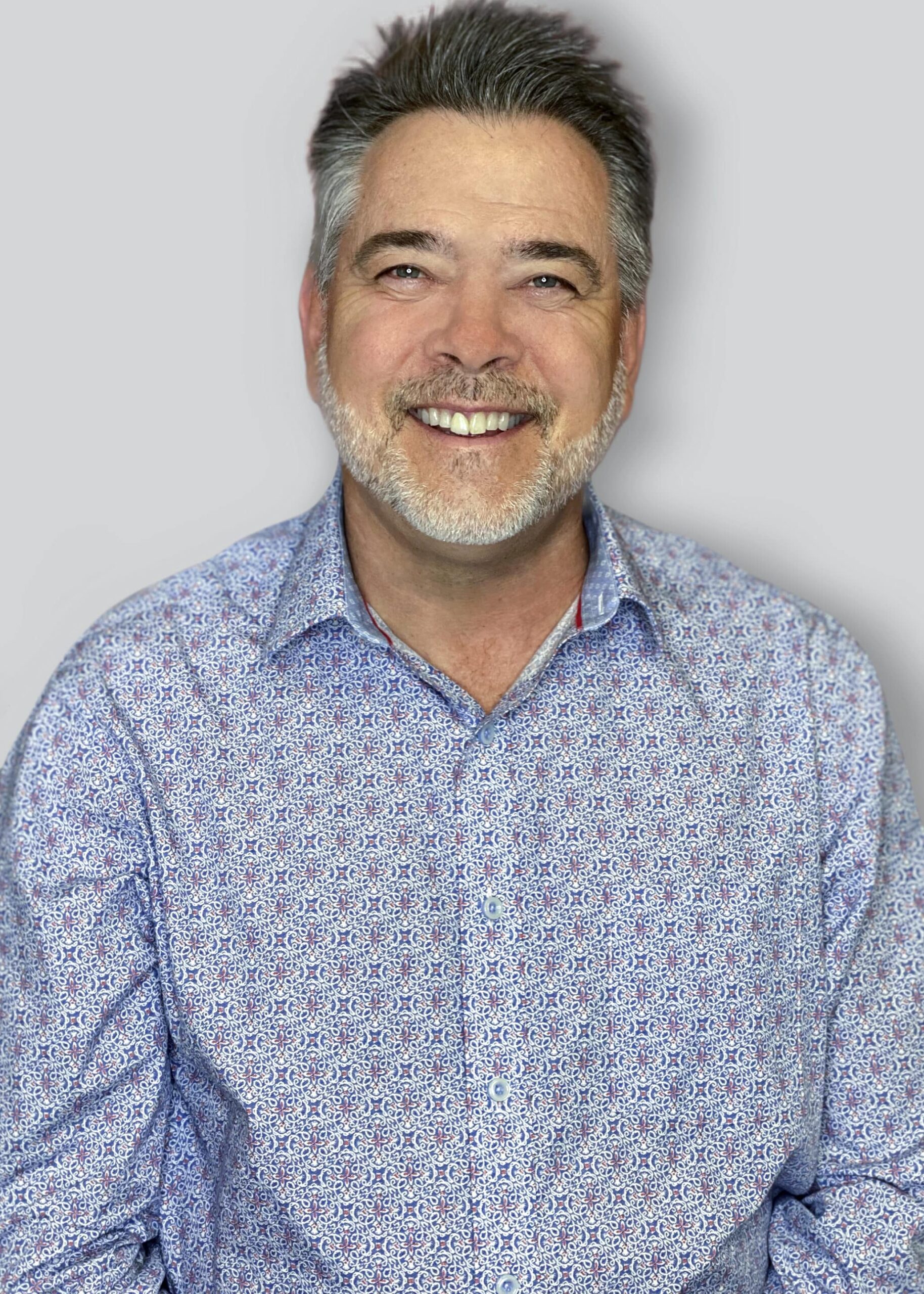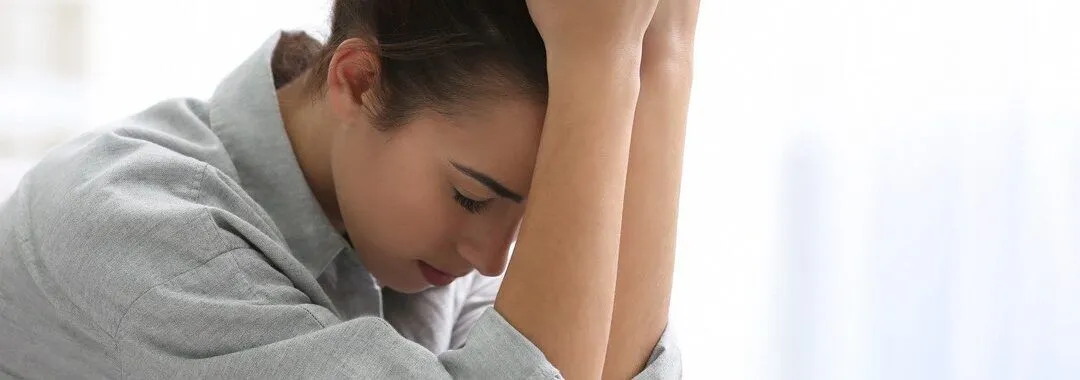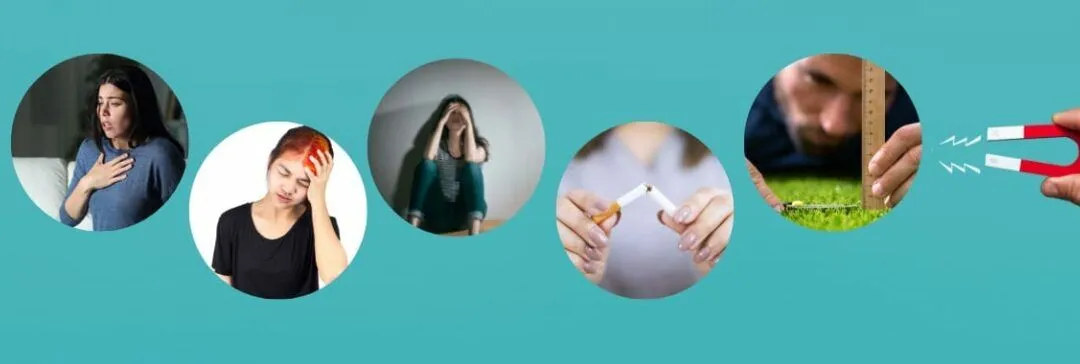TMS Therapy for Teenagers and Adolescents

As a parent or caregiver, you always strive to offer your loved ones unconditional support, especially when someone you care for has been diagnosed with depression. Research shows that many youths with major depression do not respond to first-line treatments that include cognitive behavioral therapy (CBT) or prescription medications [1], [2]. Poor treatment responses leave both parents and teens feeling frustrated.
Even worse, the early onset of depression increases the likelihood of recurring mental health problems during adulthood [1]. The risk becomes even higher if traditional treatment approaches for adolescents diagnosed with depression fail [3].
Fortunately, alternative approaches such as transcranial magnetic stimulation (TMS) are showing promise as an effective treatment for children and adolescents with symptoms of depression [4], [5]. Learning more about the safety and efficacy of TMS for teenagers can help you make an informed decision regarding useful treatment methods that afford the best health benefits.
What Are the Age Limits to Using TMS Therapy?
The Food and Drug Administration (FDA) has approved TMS for individuals between the ages of 18 to 70 [6], [7]. However, numerous clinical studies have shown that TMS is both safe and effective at treating various conditions in children as young as 9 years old, including [8]:
- Depression
- Mood disorders
- Autism spectrum disorder (ASD)
- Attention deficit hyperactivity disorder (ADHD)
Research further indicates that children and adolescents with mental health conditions who receive as few as 10 TMS sessions for at least two weeks experience improved symptoms [8]. Most youths demonstrate reduced depression, irritability, and attention deficits after TMS treatment [8], [9]. Although TMS for children is not yet approved by the FDA, it is a beneficial alternative for parents to consider.
Is TMS Therapy Safe for Children?
Clinical reviews suggest that the risks and side effects of TMS therapy are the same for both children and adults [5], [9]. One large-scale review of 384 children (1 to 18 years) who received TMS therapy over the course of 10 years provides evidence of the safety and tolerability of TMS for kids. According to the findings, no serious side effects occurred and the rate of seizures due to TMS was negligible even in children diagnosed with epilepsy or traumatic brain injuries (TBIs) [10]. Mild headache is one of the only common side effects, but it is typically temporary and resolves without needing treatment.
Based on the favorable results, researchers recommend that healthcare professionals who provide TMS for children follow the most recent safety guidelines established for adults until additional clinical evidence is available for pediatric-specific TMS guidelines [5], [10].
Is TMS Therapy Safe for Teenagers and Adolescents?
TMS treatment consistently demonstrates a strong safety and efficacy profile for teenagers and adolescents between the ages of 13 to 21—with reports of minimal side effects in comparison to antidepressants [4], [9]. Furthermore, TMS does not negatively alter cognition, brain maturation, motor development, or brain activity (e.g., neurotransmitter or nerve cell function) [9].
The most frequent complaint is headache, while less common side effects include scalp pain and seizures (occurrence is less than 1%) [9] [12]. Scalp pain is typically avoided if the area where an electrode is placed is properly cleaned beforehand [11].
Overall, the minimal occurrence of side effects along with the high response rate of TMS supports the use of this alternative approach to treat depression in children and adolescents. Researchers mention that TMS therapy for pediatric populations should continue for about six months to one year for optimal improvement, and longer duration may be considered for youths who experience frequent depressive episodes [13].
What Is the Prevalence of Recurring Depression in Youth?
A diagnosis of depression during early childhood increases the risk of experiencing severe mental illness during adulthood [1]. Furthermore, about 70% of adolescents who are diagnosed with depression relapse within five years, especially those who respond poorly to antidepressants, refuse pharmaceutical treatment, or stop taking their medication [1], [14]. Adolescents with symptoms of depression are also four times more likely to develop this disorder during adulthood than youths who never experienced one depressive episode [14].
The average duration of depression in young adults diagnosed with this disorder is between six to nine months, but approximately 50% of this population still suffer from depressive episodes at 12 months [1], [15]. These findings emphasize the need for treatment approaches that are safer and more effective than CBT and pharmaceuticals. Mounting clinical evidence shows that TMS affords substantial symptom improvement.
How Effective Is TMS Therapy in Teenagers and Adolescents?
TMS therapy for teens and young adults is effective at reducing the severity of depression by over 50%—with scores on the Hamilton Depression (Ham-D) Rating Scale also decreasing by 50% in as little as three weeks [4]. Clinical research involving TMS for adolescent depression also yields good remission rates (average of 40%)—which reflect sustained improvement [4], [9]. In addition, those who undergo TMS therapy typically describe it as helpful due to the minimization of symptoms and mild side effects that are usually temporary [9].
Clinical evidence repeatedly shows that TMS poses minimal risk to school-aged children and young adults. It is essential to discuss this therapeutic approach with a skilled health professional when considering treatment options for childhood depression.
Dr. Griffith from Dr. TMS Therapy Griffith Psychiatry explains that “TMS for adolescent depression is very popular among parents due to the low risk of side effects and the high efficacy rate for their children. Although parents witness their child’s depressive episodes first-hand, they are often hesitant to put them on antidepressants when talk therapy doesn’t work. TMS is a great option for this type of situation because TMS treatment is arguably more effective than antidepressant medication and it’s a medication-free alternative that does not cause harmful side effects. At Dr. TMS Therapy Griffith Psychiatry, we have a special program designed specifically for adolescent patients under the age of 18. The youngest patient we have ever treated was 9 years old and she honestly did very well. Following TMS treatment, she was able to socialize better at school and build her own support system because she was more motivated and focused. She also finally experienced relief and happiness. However, when working with children and adolescents, we are really treating the whole family. This is why we include the family in the entire treatment process. If you are considering TMS as an option for your child, we urge you to learn more about this alternative approach through a free consultation.”
Need More Information on TMS Therapy?
If you think TMS may offer your child or teen relief from depressive symptoms or you need more information about this beneficial treatment, the dedicated team at Dr. TMS Therapy Griffith Psychiatry has years of experience in treating teenagers and adolescents. TMS is very popular among this age group and parents typically prefer to offer their children medication-free options.
In addition, we offer affordable TMS treatment for children under the age of 18 as numerous studies show that children of all ages respond very well to this alternative approach [8], [9], [10]. Our team of experts has also consistently observed optimal clinical results in this age group.
Researchers agree that additional clinical trials involving the pediatric population may help achieve FDA approval of TMS for kids, but you don’t have to wait until then. Clinical studies support the safety and efficacy of TMS in all age groups [9]. Schedule an appointment today with Dr. TMS Therapy Griffith Psychiatry to help your child experience lasting symptom improvement.

Walter G. Griffith Jr., MD, PA
Dr. Griffith earned his Undergraduate Degree from Notre Dame University and his Medical Degree from Ohio State University’s College of Medicine. He then completed his Residency in Psychiatry at Ohio’s prestigious Cleveland Clinic, and ultimately became the Chief Resident at the Cleveland Clinic in his final year of residency. After completing his residency, Dr. Griffith moved with his family to sunny Florida in 1992, where he worked at several hospitals in the early days of his career, but, ultimately, he decided to start his own outpatient Psychiatric Private Practice in Florida, where he has been working and growing the practice over the last three decades. Dr. Griffith is the Medical Director for the medical practice and oversees all of the medical clinicians who work in the practice in order to help manage the growing patient caseload at both of the medical office locations.
Request an Appointment
Our care team would love to hear from you! We want to see our patients get healthy.
This is our top priority.
- 727-577-1203
- Free Consult







